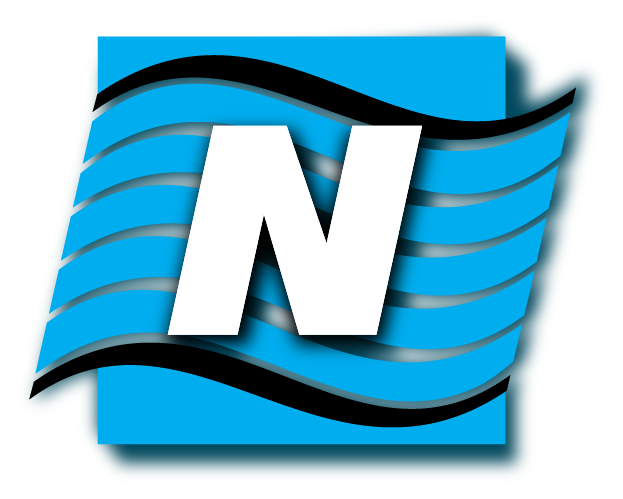
IRATA ROPE ACCESS TECHNICIAN TRAINING LEVEL 2
Target group
The training is addressed to experienced, LEVEL I certified technicians. A trainee acquires knowledge and skills necessary for complex workstations construction as well as the construction of and operation of hoist systems, and participation in rescue procedures.
The training is addressed to experienced, LEVEL I certified technicians. A trainee acquires knowledge and skills necessary for complex workstations construction as well as the construction of and operation of hoist systems, and participation in rescue procedures.
Objectives of the course
- To perform the tasks normally required to Level 1 Technicians;
- Demonstrate more complex tasks under the direction of a Level 3 Supervisor.
- Capable of rigging complex rope access systems, including re-belays, deviations and tensioned ropes;
- To perform rescues in different situations;
- To set up and use hauling and lifting systems.
Approval
IRATA – Industrial Rope Access Trade Association
Member 6042/T
IRATA – Industrial Rope Access Trade Association
Member 6042/T
Entry standards
- 18 years of age;
- physically fit and unaffected by any disability or medical condition that may prevent them from working safely;
- have an adequate level of fitness, are physically able to perform the tasks expected in terms of strength, agility and co-ordination;
- are able to withstand the stresses of the working environment, such as heat, cold, and other inclement weather. Candidates are required to certify that they do not have any medical disabilities or contraindications that may prevent them from working safely. The minimum requirement is a self-certification statement.
- If a candidate has a contra-indicated condition which is controlled with medication, he/she shall obtain a signed doctor’s note to show training member company or employer that the condition should not prevent that person doing rope access work providing they have access to the required medication.
- a valid L1 certificate with a minimum of one year of experience and 1000 hours logged since the day of passing the first IRATA exam (hours recorded in the logbook, which is obtained after the first passed IRATA exam)
Course duration (training including assessment):
- 6 days for groups of up to 8 participants
- 7 days for larger groups.
Price – 1149 EUR per person
Certificate validity
3 years
3 years
Course contents
The IRATA International Training LEVEL 2 course covers the following topics:
Planning and management
Equipment
Rigging
Rigging for rescue and hauling
Rope manoeuvres
Climbing techniques
Rope rescues
Climbing rescues
The IRATA International Training LEVEL 2 course covers the following topics:
Planning and management
- IRATA International system
- Legal framework
- Hazard identification and risk assessment
- Selection of access method
- Selection of personnel and competence
- Safety method statement
- Exclusion zones, permits to work etc.
- Planning for emergencies
- First aid and suspension intolerance
Equipment
- Selection of equipment
- Care and maintenance of equipment
- Pre-use checking of equipment
- Detailed and interim inspections
- Assembly of equipment and buddy check
Rigging
- Anchor selection
- Knots and rope handling
- Basic anchor system
- Y-hangs
- Hazard avoidance and rope protection
- Re-anchors
- Deviations
- Retrievable rigging
- Work restraint lines
- Vertical fall arrest systems
- Tensioned lines
Rigging for rescue and hauling
- Lowering systems
- Hauling systems
- Cross haul
Rope manoeuvres
- Back-up devices
- Descent
- Ascent
- Changeovers
- Descent using ascending devices
- Ascent using a descending device
- Deviations
- Rope-to-rope transfers
- Re-anchors
- Passing mid-rope knots
- Edge obstructions at the top
- Use of work seats (comfort seats)
- Passing mid-rope protection
Climbing techniques
- Horizontal aid climbing
- Vertical aid climbing
- Climbing with fall arrest equipment
Rope rescues
- Rescue from ascent mode
- Passing a deviation with a casualty
- Rope-to-rope transfer with a casualty
- Passing a small re-anchor with a casualty
Climbing rescues
- Rescue from an aid climb
- Rescue from fall arrest equipment
Description of the course
Location
Riga, Latvia/
Klaipeda, Lithuania
Riga, Latvia/
Klaipeda, Lithuania
Meet the Experts Behind This Course
You might also be interested in following courses:
Check the course days on our calendar
IRATA courses in pictures:
Contact us

